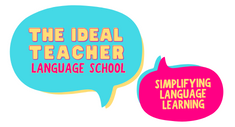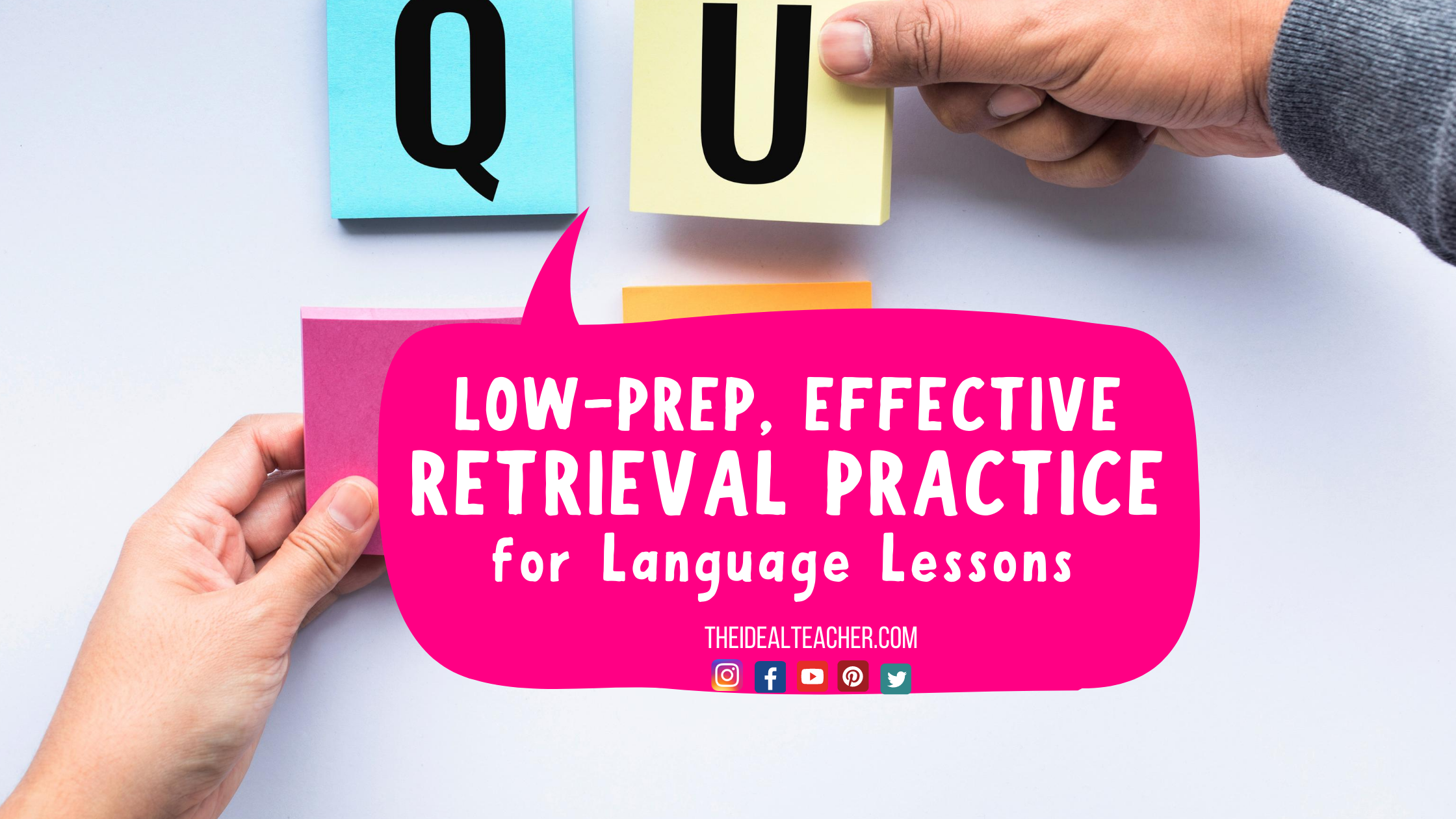Hi! I’m Sabina – an insanely passionate, qualified French and German teacher, examiner and tutor. I have over 15 years teaching experience in private, online, secondary and further education settings. I LOVE TEACHING LANGUAGES AND SEEING MY STUDENTS’ CONFIDENCE IMPROVE!
Need a language teacher? Get in touch! Along with my growing team, I offer one-one and small group French, German & Spanish tuition for KS3, GCSE and A-Level, as well as for general conversation, business and pleasure.
Before Reading on Have You…?
Checked out my 5 STAR Google Reviews Here? SUBSCRIBED TO MY YOUTUBE CHANNEL HERE How do I help my language students and tutees?
* assess current strengths and weaknesses
Who do I teach?
* KS3, GCSE French and A-Level French students
Which qualifications do I help with?
As well as teaching, i share my own French and German KS3, GCSE, iGCSE and A-Level resources and teaching ideas to save other MFL and language teachers time.
p.s. I would just like to clarify that ‘TheIdealTeacher’ is simply the website’s name and it’s what I aspire to be and what I am working towards. I am an enthusiastic modern languages teacher with the sole aim of improving my students’ language acquisition with innovative teaching methods to promote progress and improve confidence quickly.
Need a Private German Tutor or a Qualified and Experienced Teacher for French?
Please get in touch by phone or email to discuss your needs!
Have you joined my mailing list or followed my socials?
To stay up-to-date with the latest content, ideas and resources. – Sabina


